Deep Springs College, a photo by me of the same place as photographed by professional Sam Contis
As a teacher (my day job), I have tried to avoid ever saying that any question from a student is “bad.” I have to admit, however, that some questions are better than other questions. As a photographer, I have realized that questions about equipment are among the worst. I should add that I am as guilty as anyone else of assuming if I possess a specific object, whether a lens or a gadget, I then magically will have the skill of someone whose work I admire.
My photographs have been liked enough by other people that I have been flattered by them with the question of what I bought to be able to do that. More than once, someone has said they want to order it, too, so they can do what I have done. That sentiment, if you reflect on it, contradicts any compliment. The conceit is that the images are all a matter of spending money as a consumer, not capability as a craftsman. I have taken beginner classes where people have complained out loud to all and none that they have a lousy camera. It would be impertinent to suggest otherwise even though they have the latest entry-level model.
Yet I have been tempted. I went to a photo exhibit this summer. It was the opening of a show about Deep Springs College, a unique school with which I have an affiliation. The institution is located on a student-run cattle ranch at the edge of Death Valley, and it was formerly all-male as well but is transitioning to co-ed after court approval seven years following our decision to do so was challenged. Sam Contis embedded herself and took wonderful photos of the life of the community, over a series of visits. Her pictures were real, not romanticized. She did a talk about the project. People were allowed to ask about her work. I restrained myself. I thought it would not be interesting to most of the audience, whether she had relied on medium format or SLRs or rangefinders, etc. I subsequently learned that she had availed herself of multiple devices, with various styles.
In defense of my non-inquiry, I still would like to have a technical discussion with her, in order to learn. I don’t mean a conversation about a shared fetish for the apparatus. I instead am referring to how she framed, pre-focused, won the trust of her subjects, and so forth. The school and ranch are in the high desert, at about a mile high elevation. I’d like to confirm the light was bright enough she didn’t have to be concerned about stopping down to have both the man and the cow’s eyes so sharp.
I also am aware that some products make a difference, if you know how to use them. I have no reason to doubt reliable reports that back in the day there were much more meaningful distinctions in quality within the marketplace, even due to manufacturing discrepancies unit to unit of what was ostensibly the same item, and that is significant because shooting with film necessarily involves vintage gear. Even today, I can see within my own modest collection of hardware that some tools can perform as others cannot. In particular, a fast lens is capable of shallow depth of field, thus bokeh, that a slower lens cannot match. That doesn’t mean a fast lens is intrinsically superior in every respect, since it likely was more expensive, and it also may be longer, heavier, or require some sort of design compromise I would not even comprehend. I am lucky to have a Voigtlander f0.95 (for my digital MFT body) that can generate a soft fall-off in portraits that is profound and beyond replication.
These issues are not limited to photographers. As a writer, a side gig I have had professionally since I had any career at all, I have read many interviews with writers. It is customary to request the author describe how she spends her days: scribbling long-hand on legal pads with a pencil or fountain pen, typing on a mechanical Underwood or electric IBM, or using outlining software that organizes notes about characters, and so on? Sitting or standing? We are curious. Perhaps then we all suppose we can imitate a master in a discipline to become expert ourselves.
The mistake is to confused the means to an end (the camera to the photograph) with the ends itself (as if the hobby were camera collecting). The camera is necessary but not sufficient. The eye, which can be trained, is the true instrument.
Share this post:
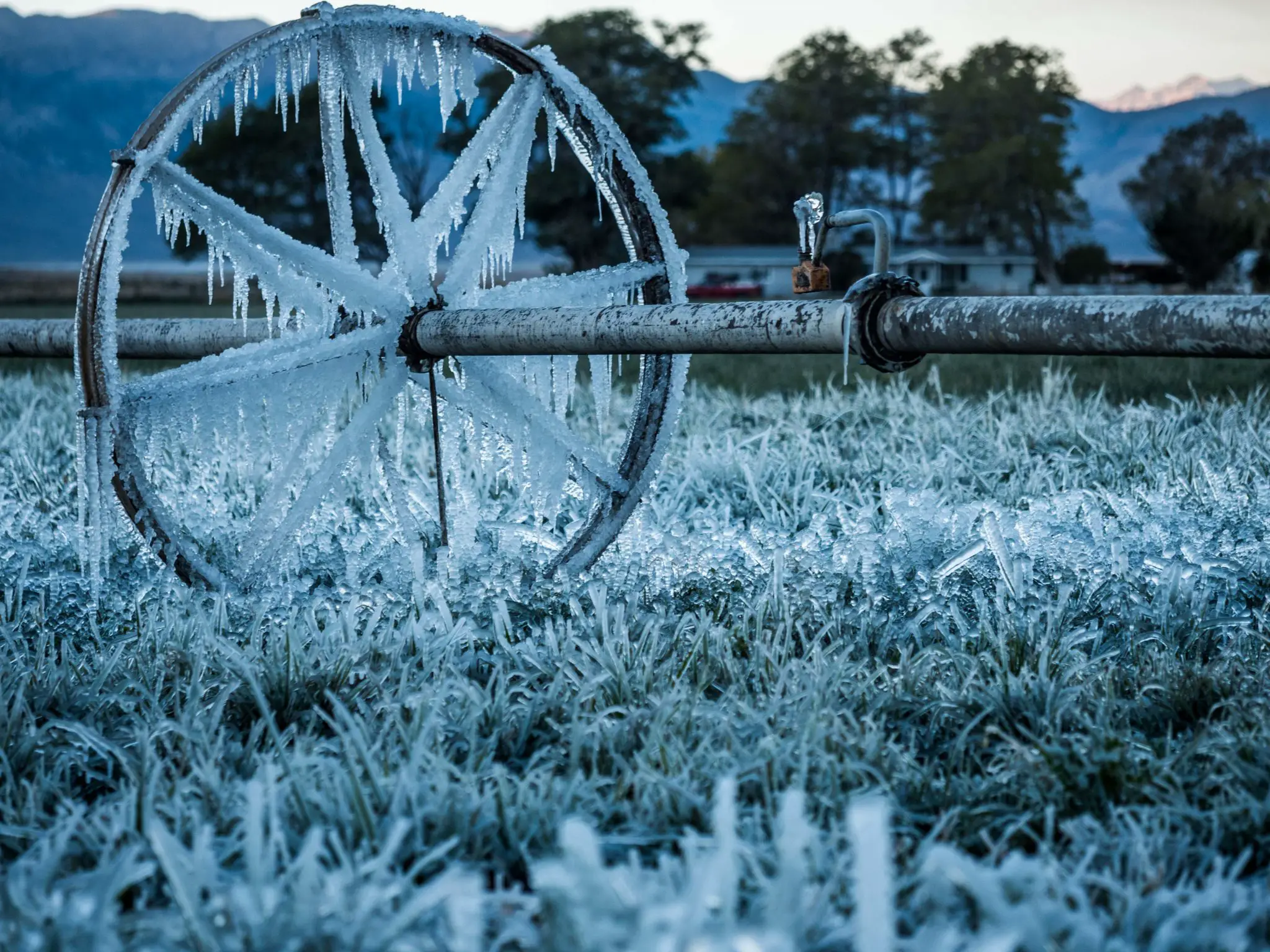
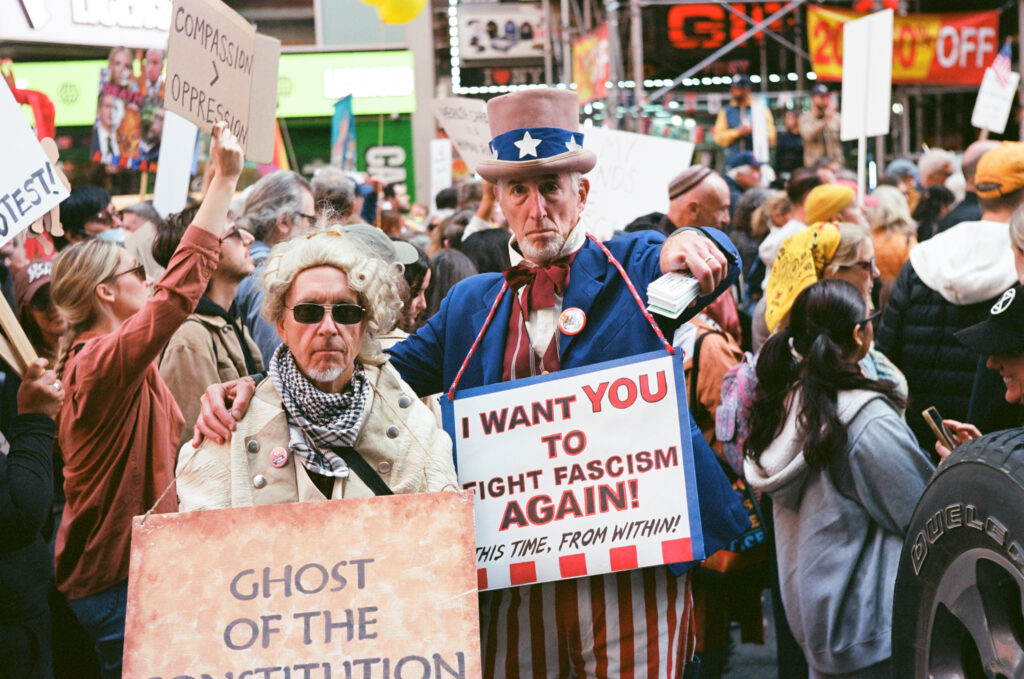
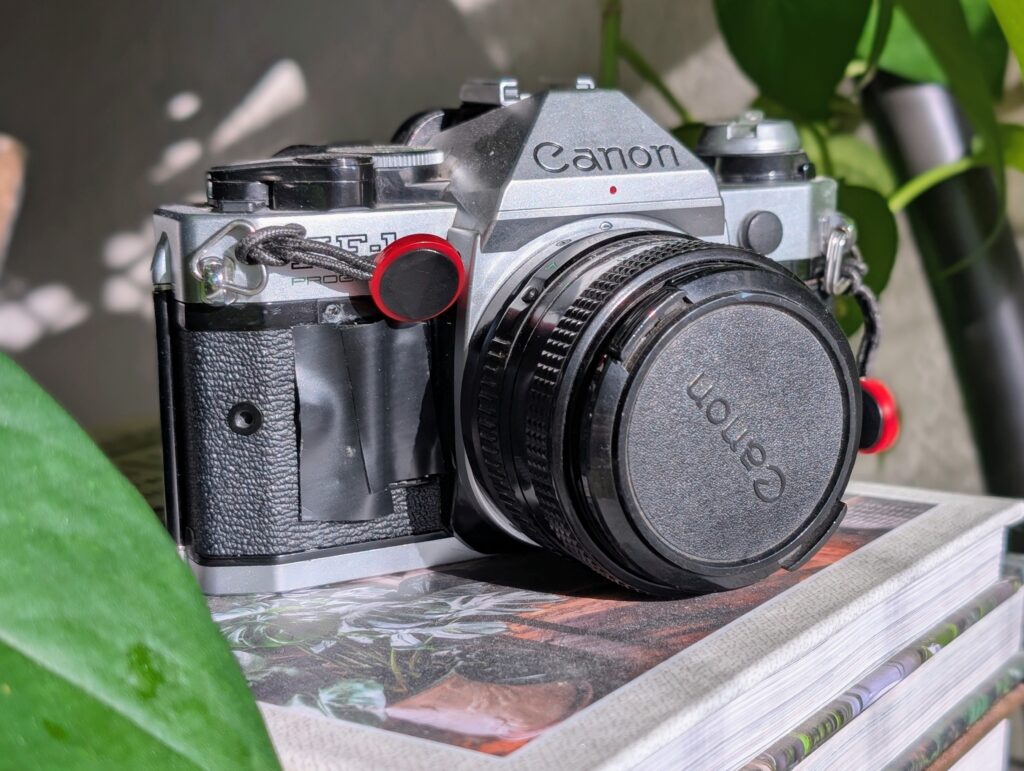
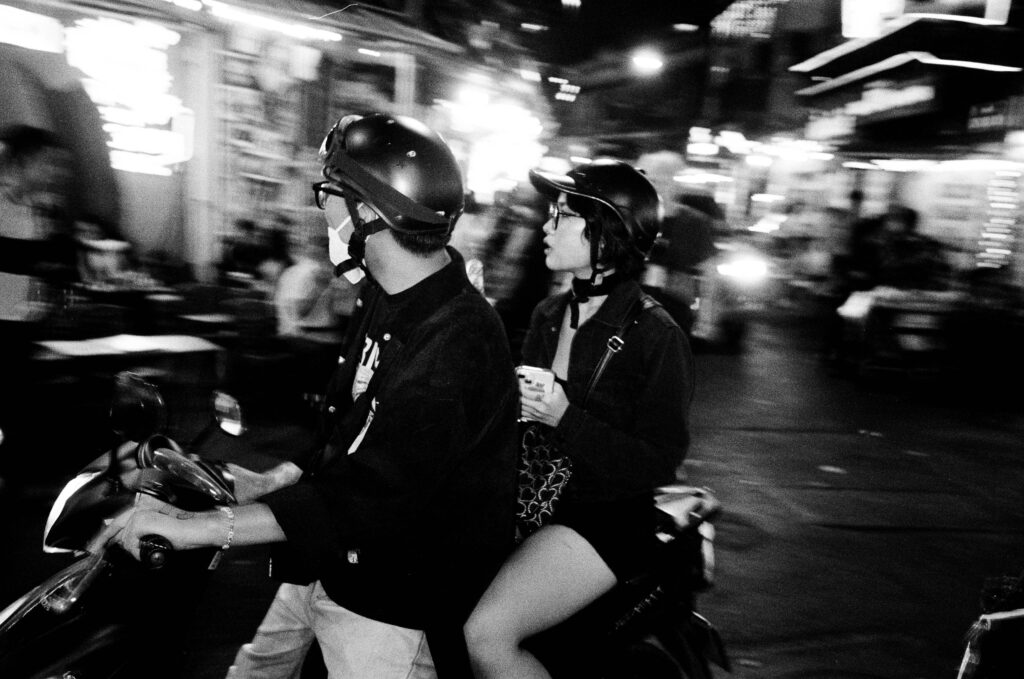
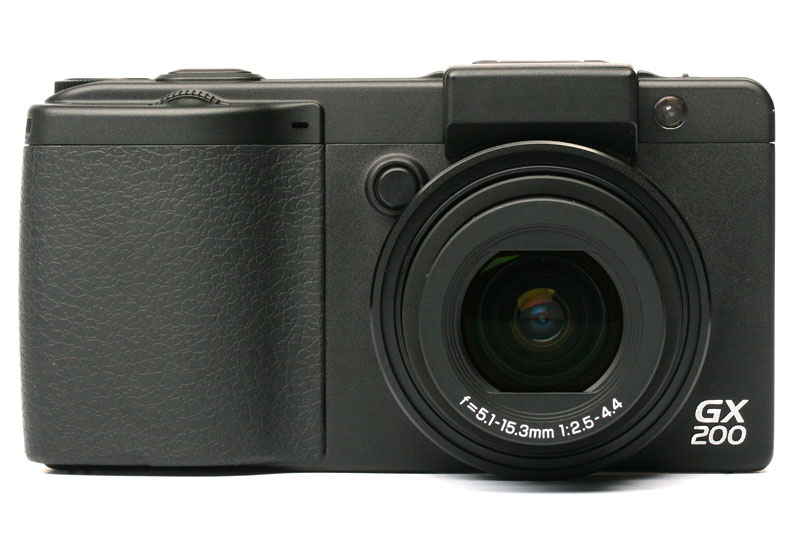




Comments
Reinhold on It’s Not the Camera – by Frank H. Wu
Comment posted: 09/02/2018
If you do not master the craftsmanship, your results will be - more or less - by chance looking nice or nicer. Even if we bloody amateurs give our best and our results are looking ... nice, there is always this missing piece of reproducibility and the difference in what we want a scene to look like and the exact matching of what we get.
Yes, the gear is essential if I try to get something special, which can only be achieved with specific hardware and no, this is not the case in 99% of what we amateurs (can) do and if we would master our current equipment.
Alexander on It’s Not the Camera – by Frank H. Wu
Comment posted: 09/02/2018
:)
David Hill on It’s Not the Camera – by Frank H. Wu
Comment posted: 09/02/2018
Alexander on It’s Not the Camera – by Frank H. Wu
Comment posted: 10/02/2018
Neil on It’s Not the Camera – by Frank H. Wu
Comment posted: 10/02/2018
George Appletree on It’s Not the Camera – by Frank H. Wu
Comment posted: 11/02/2018
In the same manner a new camera won't warranty more than the "satisfaction" of a new product to own (rather fetishisist) and the different characteristics of its handling and results.
Randle P. McMurphy on It’s Not the Camera – by Frank H. Wu
Comment posted: 12/02/2018
they just care about pictures and how they get it done.
Well for me it´s just a little bit the same (for daily work)
but for my private projects there is a difference.
After decades of taking pictures I found the gear that helps me to come close
to the "vision" (or maybe just look I want) but if this changes I need to find other solutions.
So why not change gear than ? Envolve ? I think this is just a natural process !
Finding the "right" camera/lens or post production process including software you have to use
for it is part of the way to get the pictures I (you) want.